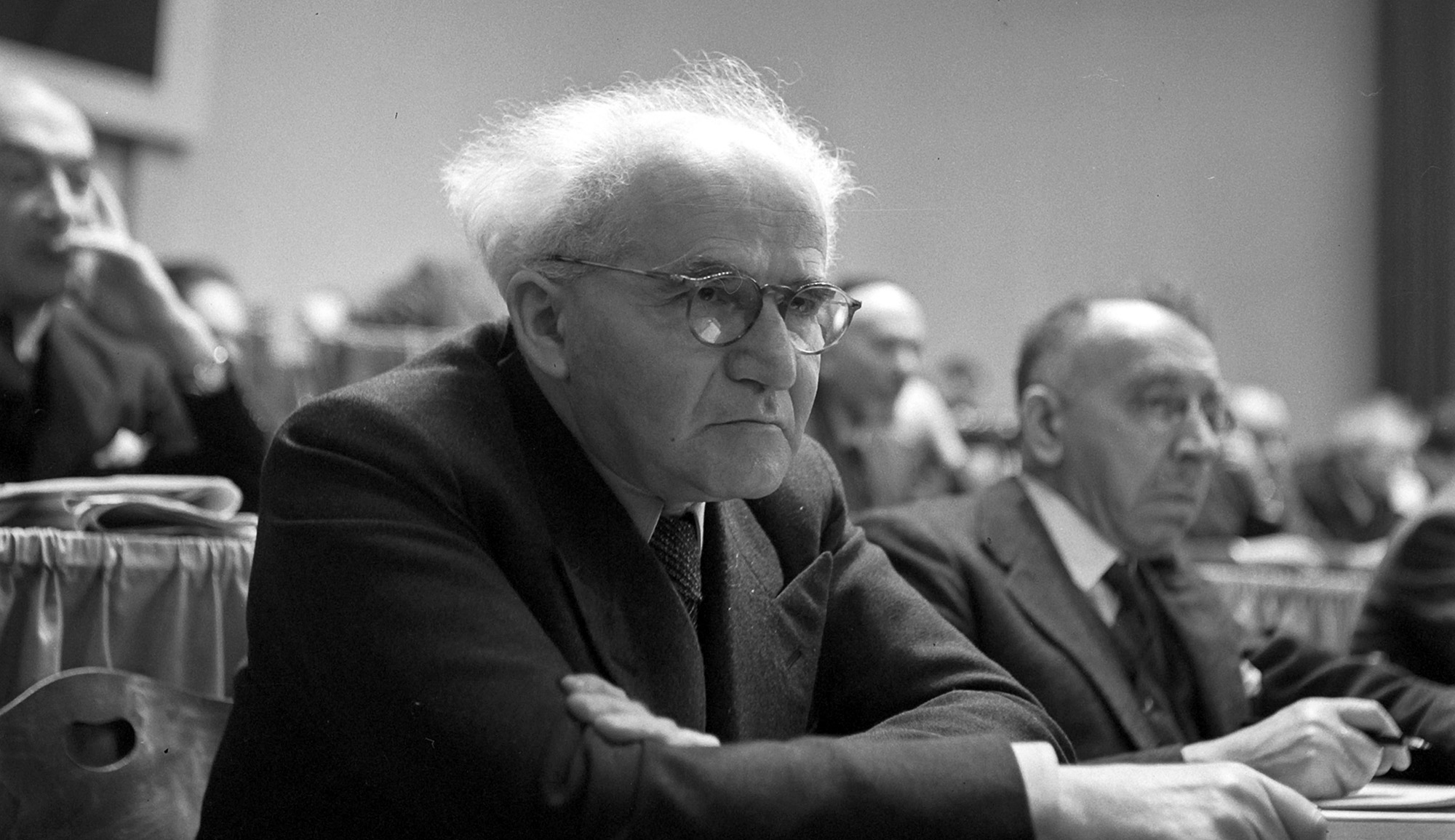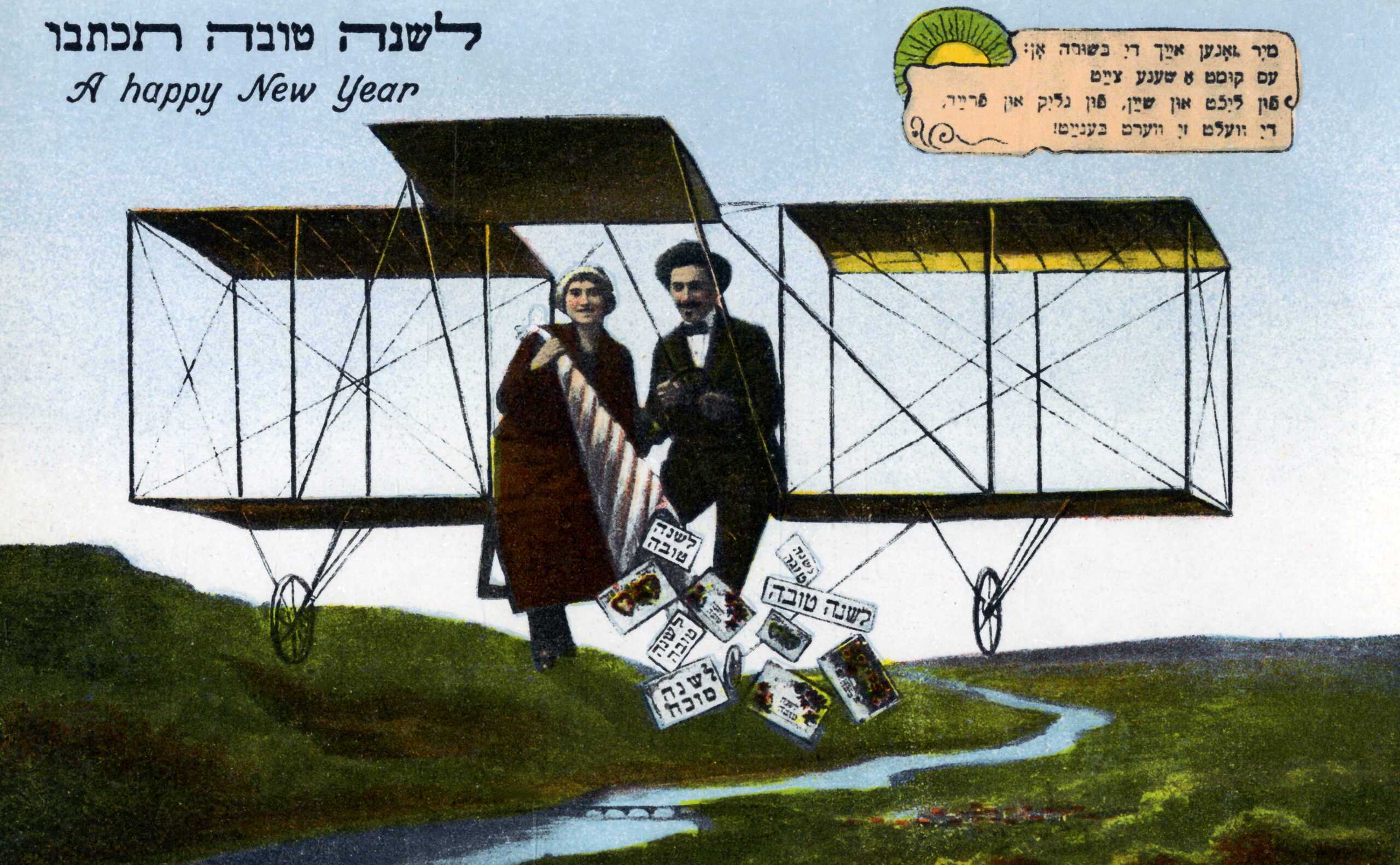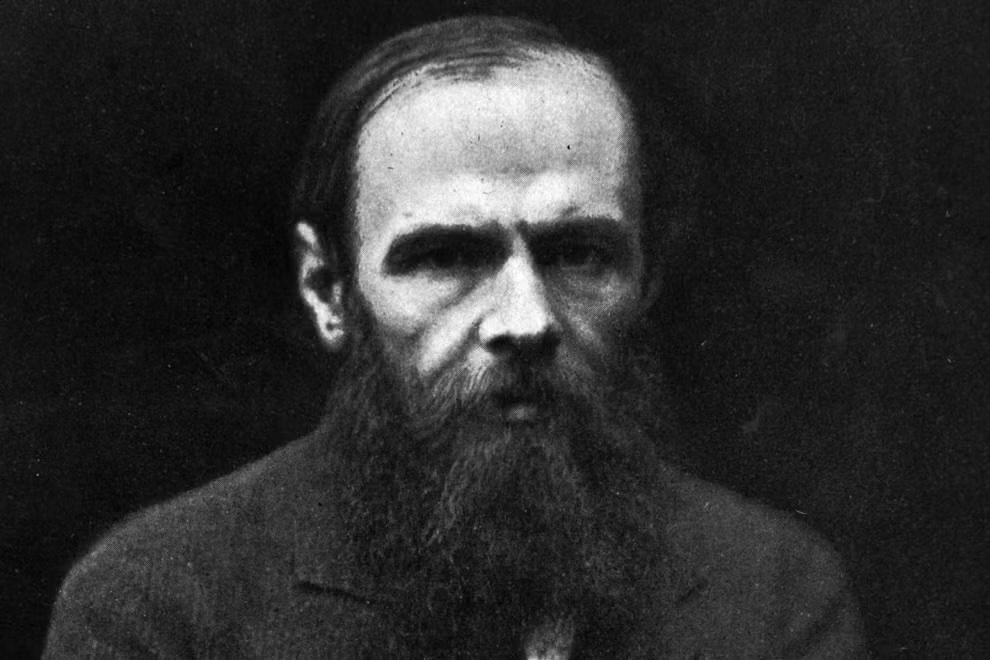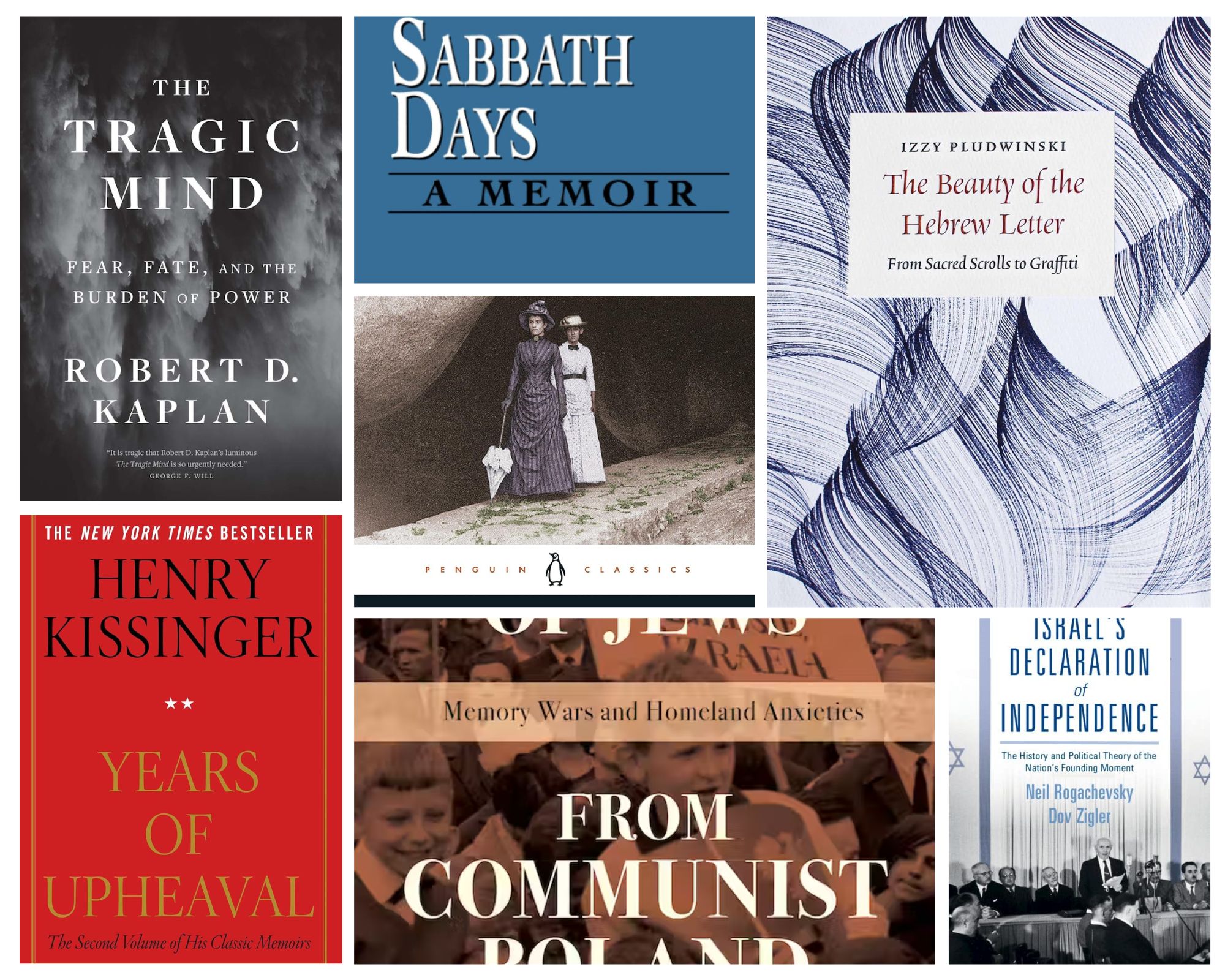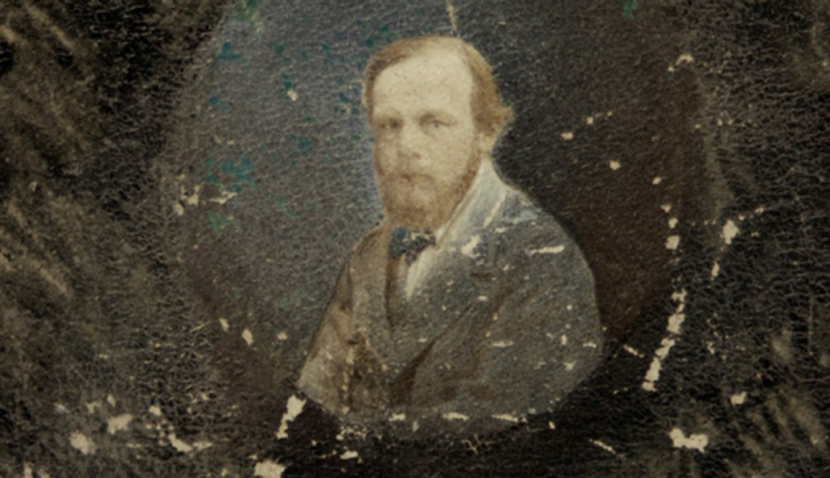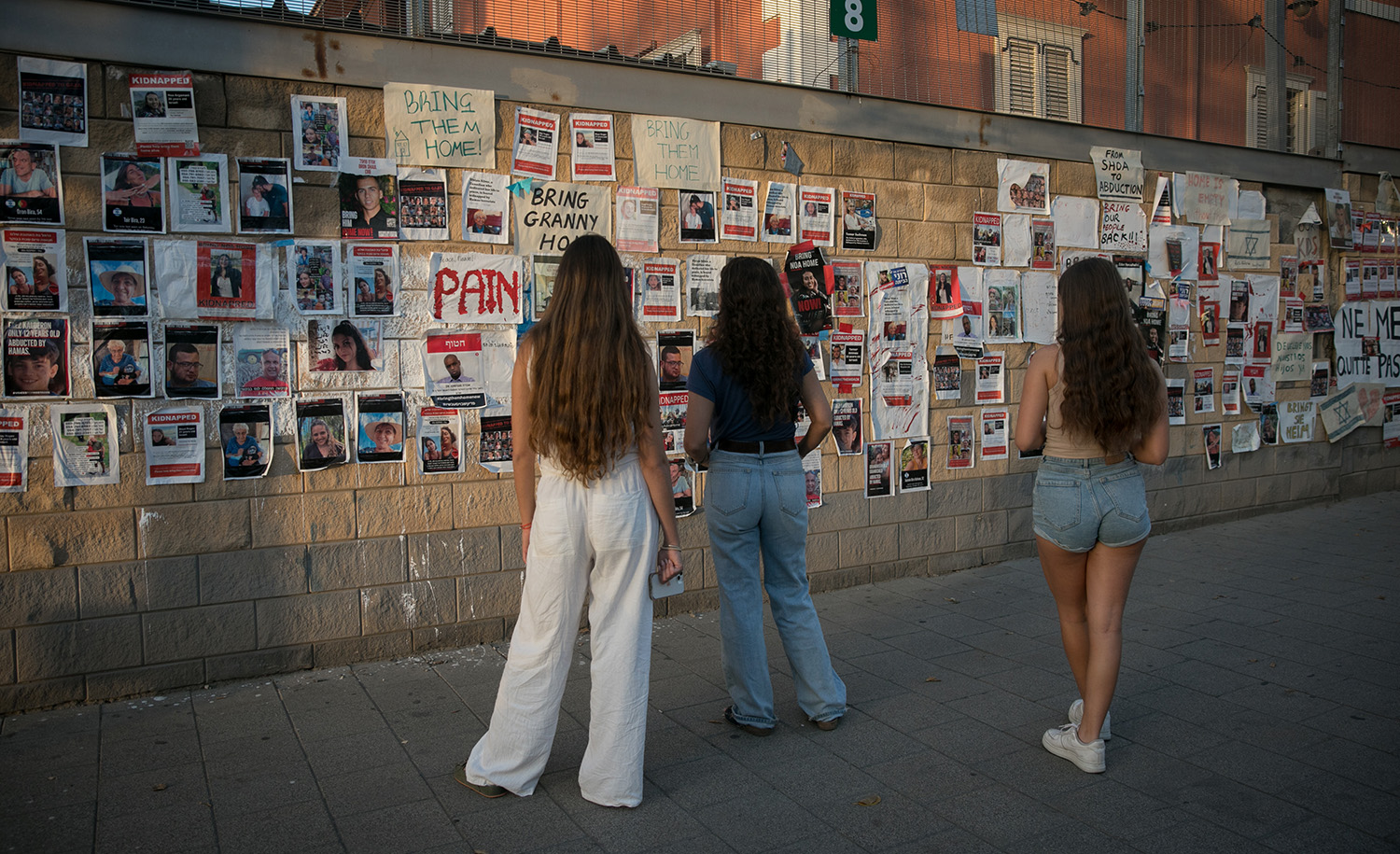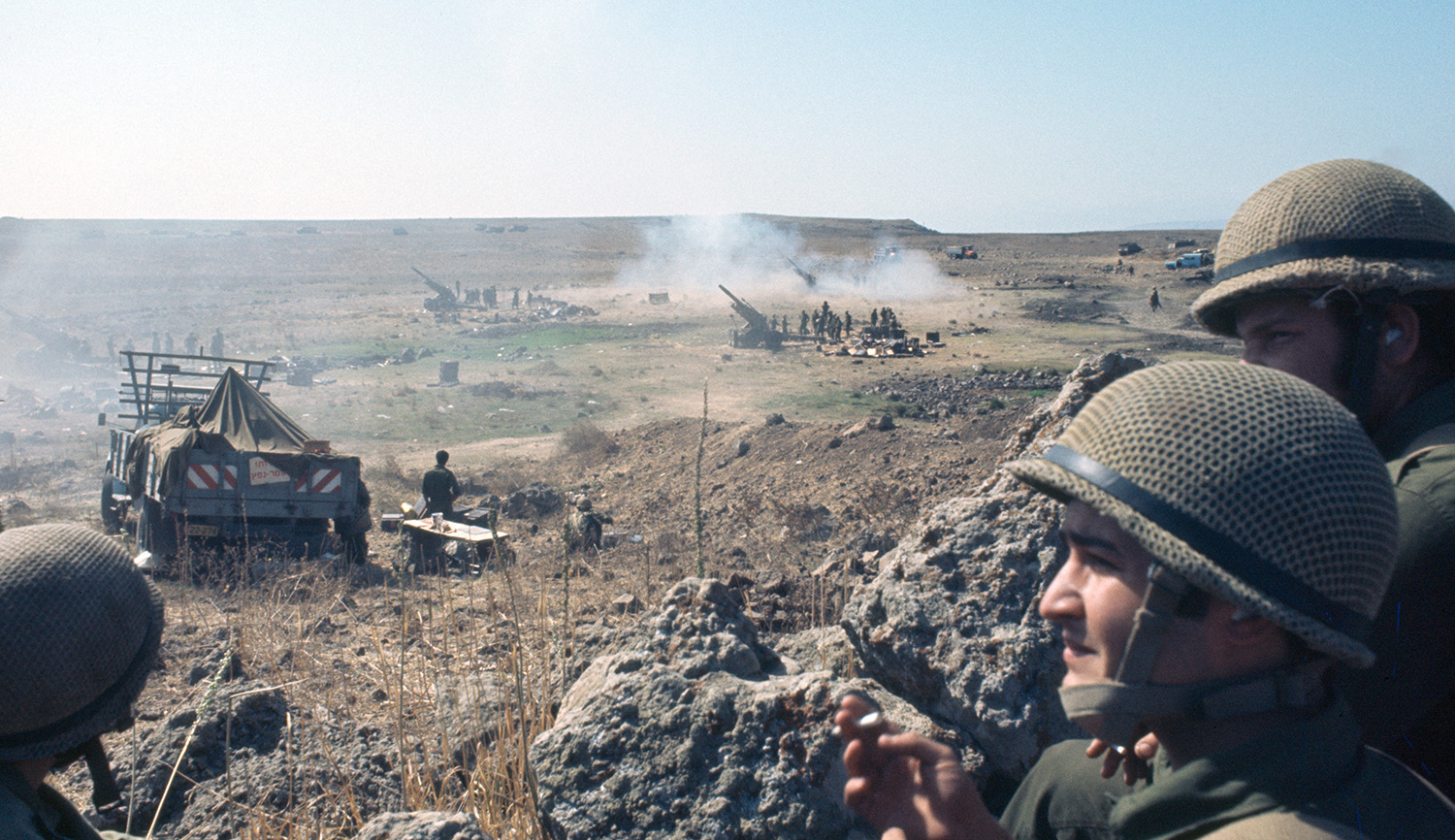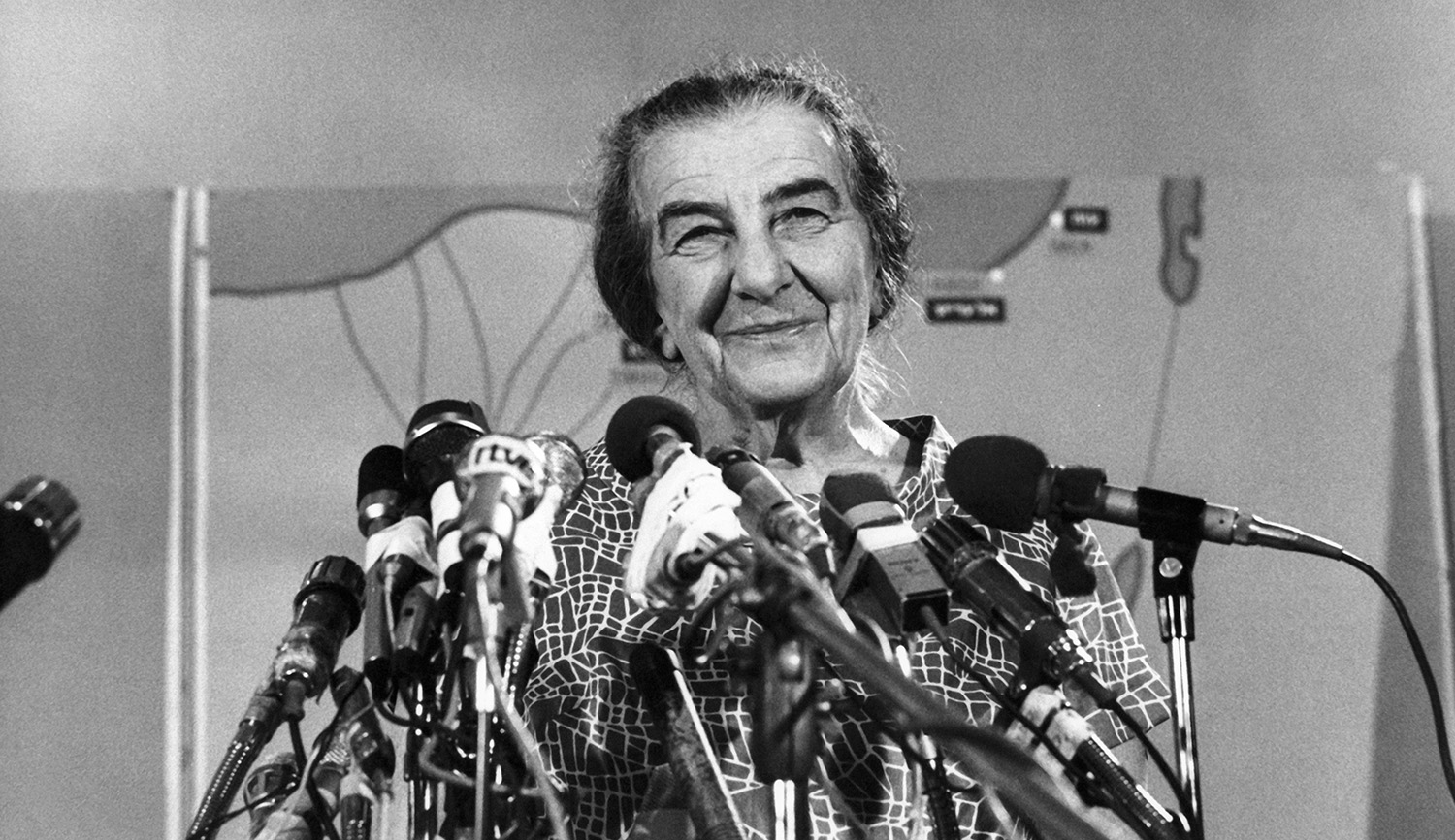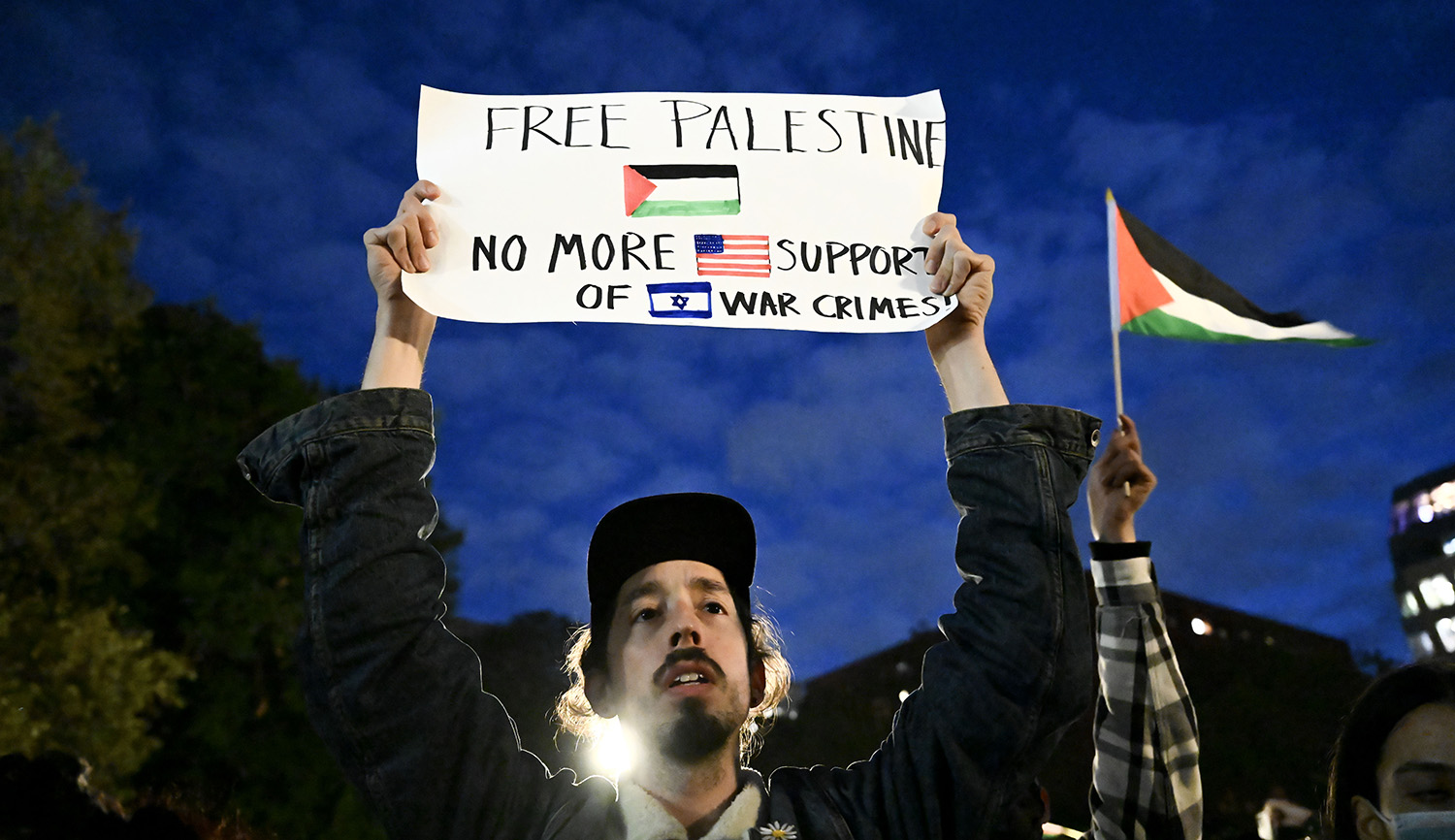History & Ideas
Israel’s founding father argued for a conception of politics uniquely tailored to the Jewish state. Fifty years after his death, his country could use it more than ever.
Some years in the Jewish calendar, like the current one, have an extra month. How’d that come about and why?
Many Dostoevsky scholars have been Jews, perhaps because the anti-Semitic writer needed to be seen as theirs—as almost Jewish in his concerns.
Featuring fears, fates, burdens of power, memory wars, Sabbath days, Russian writers and timeless questions, years of upheaval, Japanese Jews, and more.
Featuring prime ministers, kidnappings, popes, silences, exiled shadows, portraits, intellectual origins, the best minds, and more.
That’s why geniuses like Dostoevsky can love all humanity and hate the Jews.
Interfaith dialogue in a different key.
Rarely heard in the speech of most Israelis in the past, b’sorot tovot, an ironic “good news,” has suddenly become a common way of saying goodbye.
Most wars, including the current one, are just called “the war” at first. The names that stick usually come years and sometimes centuries later.
Nixon and Kissinger understood Israeli military power to be an asset to America, not a liability, and they formulated a strategy designed to exploit that power.
Acquiescing to American restraint would have led to an Israeli defeat, and peace between Egypt and Israel might never have happened.
For the West, what’s at stake now is not just the safety of Israel’s citizens, but its own.
It’s long been the greatest question about the war: why Israel waited to be attacked. But what if it was convinced to wait by its closest ally, the United States?
How generations of Arab thinkers and leaders tried to turn the humiliation of their losses to Israel into a springboard to launch their nations into an enchanted new age.
